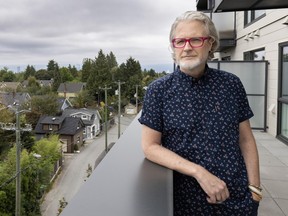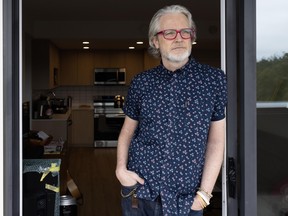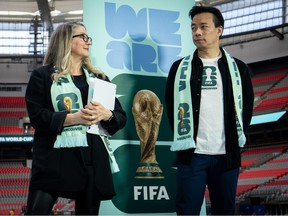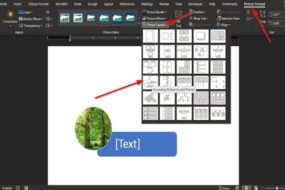
Design contests are widely considered unethical by graphic design industry for devaluing the work and skills of professional designers

Article content
A design contest Vancouver is holding to award the contract for posters for the 2026 FIFA World Cup is unethical, graphic artists say.
Design contests devalue the work of professional designers, for one, and there are alternatives to selecting a winning entry that don’t harm designers, they say.
Under terms of the city contest, the winner would be awarded $25,000, while four runners-up would each get $1,500.
Advertisement 2
Article content
“I think really what it comes down to is, unfortunately, art and design still kind of carries with it this baggage of being a pastime or hobby, and isn’t often recognized for its professionalism,” said Matthew Clark, founder of Subplot Design in Vancouver.
“What you’re doing is you’re asking, who knows, dozens, hundreds of artists or designers to spend considerable amount of hours doing work for free, and in the end only one person is going to get paid.”
After all, he said, no one would ever ask an assembly of accountants, lawyers, photographers, physical therapists or any other group of pros to spend dozens of hours doing work for you and then only pay the one whose ideas you liked best.
“Obviously, that would be unethical,” Clark said. “And let’s be honest here, we’re not talking about a poster for an indie band, right? … This is for a global brand, the city should know better. And I suspect they do.”

Entrants are being asked to submit an expression of interest to design the poster for the Cup games being hosted in Vancouver. The city will then send a package of supporting materials, which includes a creative guide with competition instructions, FIFA’s design tool kit and Vancouver’s logos for the Cup.
Article content
Advertisement 3
Article content
Clark founded his design company 20 years ago and includes Canada Post among his clients.
There are established ways to choose who does the graphic designs for huge events such as the Cup, he said.
“Basically, the way that it’s generally done is that a global brand who has a significant project puts out an expression of interest,” Clark said. Designers or artists would submit their credentials, their history, examples of their portfolio and the organizing committee would pick one they think is suitable.
“And then the goal of, really, how great design happens is that once you have picked a design partner, there’s a dialogue that goes back and forth,” he said. “There’s a relationship that happens.
“This isn’t something that, in the case of a contest, you throw a piece of paper together and say, ‘Here’s our plan, go away and design a full poster,’ right? This is something that you brief a designer on.”
The designer would then come back with small sketches, several versions of what was requested and more discussions would ensue.
“They work in collaboration, and then they come up with a final design, that’s generally how the process works.”
Advertisement 4
Article content

In an emailed statement, a city hall spokeswoman said, “The City of Vancouver values art and artists and, in structuring any future calls for creative work, will consider the feedback that some designers and artists have provided about the process for this current contest.
“For this voluntary contest, however, the city has opted for a process that allows submissions from as many artists — both professional and non-professional — as possible.”
Nicola Hamilton, president of the Association of Registered Graphic Designers, the largest such group in Canada, said such contests have been considered unethical for at least a decade.
“There are a whole whack of issues at hand, but one of the biggest is (contests) favour the privileged,” she said. “The folks who can’t afford to work for free are often the folks who will work for free.
“This one, in particular, is specifically asking Indigenous folks to get involved and we know Indigenous people are already facing systemic and economic barriers, so asking them to contribute work for free feels even more problematic.”
If the city’s aim is to generate community involvement, there are better ways, she said, such as coming up with three posters, say, and letting citizens vote for their favourite.
Advertisement 5
Article content
Recommended from Editorial
Bookmark our website and support our journalism: Don’t miss the news you need to know — add VancouverSun.com and TheProvince.com to your bookmarks and sign up for our newsletters here.
You can also support our journalism by becoming a digital subscriber: For just $14 a month, you can get unlimited access to The Vancouver Sun, The Province, National Post and 13 other Canadian news sites. Support us by subscribing today: The Vancouver Sun | The Province.
Article content












